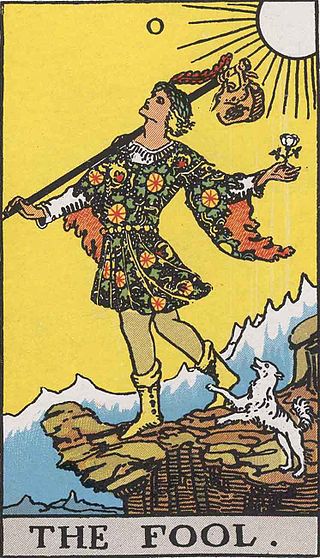 I really did not expect the OED to have an entry for this, but they fooled me! The earliest definition is from the 17th Century, “the victim of a trick or hoax on the first of April.” Our metaphor provides a good counterpoint to last week’s gloomy word, draconian.
I really did not expect the OED to have an entry for this, but they fooled me! The earliest definition is from the 17th Century, “the victim of a trick or hoax on the first of April.” Our metaphor provides a good counterpoint to last week’s gloomy word, draconian.
That’s fair enough, but where did this famous non-holiday originate, and why? If you want a variant, it’s All Fool’s Day, but that means 1 April as well. I never knew before checking at Snopes.com that the term may come from those foolish enough to forget the correct date, after the change from the Julian to Gregorian calendars, in the 1500s.
Yet like foolishness itself, the origin remains fickle. There was a Roman festival of Hilaria, celebrated about this time of year. I like that one!
Snopes taught me as well not to prank after noon on the 1st, since bad luck will then befall the trickster. The site may also inspire fools and practical jokers with a few famous jokes played on the day. For even more tomfoolery, visit The Library of Congress blog entry for possible origins. Whatever the genesis, we should embrace a day dedicated to lighthearted fun.
Please nominate a word or metaphor useful in academic writing by e-mailing me (jessid -at- richmond -dot- edu) or leaving a comment below.
See all of our Metaphors of the Month here and Words of the Week here.
Public-domain Tarot Deck Fool image, courtesy of Wikipedia.